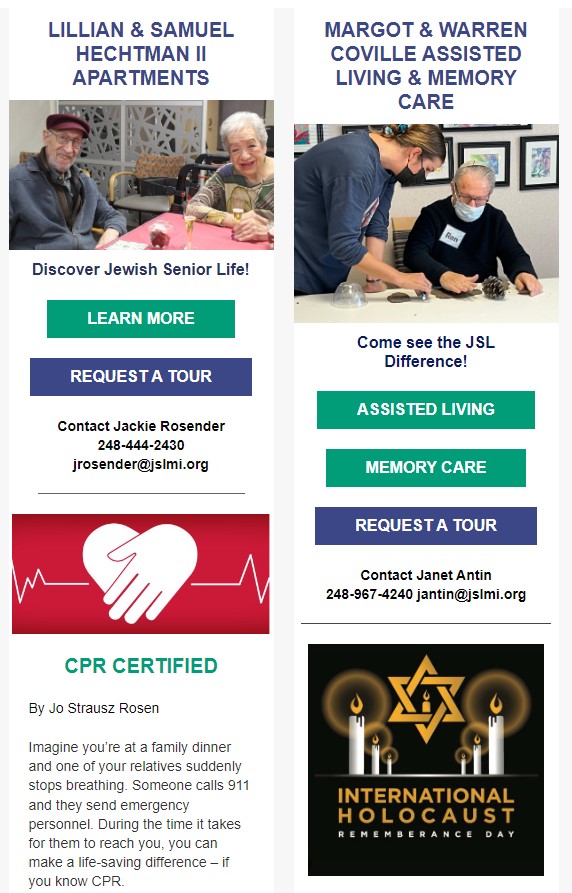
Imagine you’re at a family dinner and one of your relatives suddenly stops breathing. Someone calls 911 and they send emergency personnel. During the time it takes for them to reach you, you can make a life-saving difference – if you know CPR.
Cardiopulmonary Resuscitation (CPR) is a lifesaving technique most people can do to save the life of someone experiencing cardiac arrest. Signs of cardiac arrest include chest pain or discomfort, rapid or irregular heartbeats, unexplained wheezing, shortness of breath, lightheadedness, or dizziness, fainting or near fainting.

